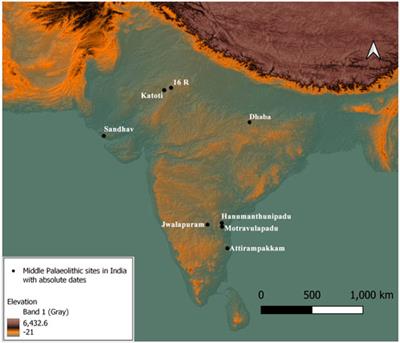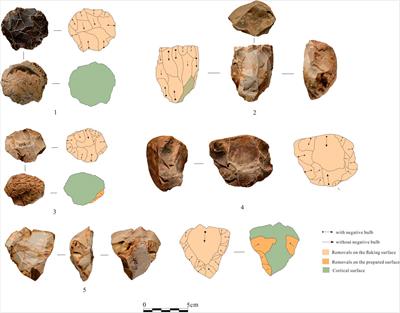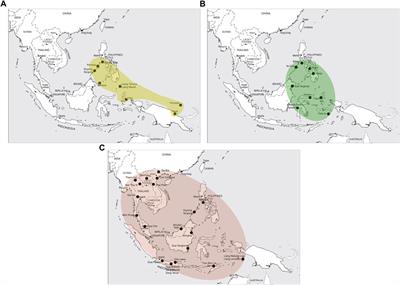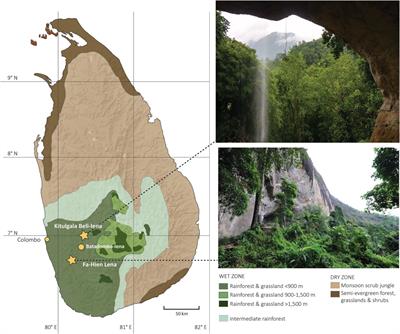EDITORIAL
Published on 22 May 2024
Editorial: Behaviors and adaptations of prehistoric hunter-gatherers in the (Sub)tropical rainforest area—archaeology, chronology and paleoenvironment
doi 10.3389/feart.2024.1424309
- 424 views
2,672
Total downloads
17k
Total views and downloads
EDITORIAL
Published on 22 May 2024
ORIGINAL RESEARCH
Published on 01 Dec 2023

ORIGINAL RESEARCH
Published on 12 Jun 2023

REVIEW
Published on 09 May 2023

ORIGINAL RESEARCH
Published on 05 May 2023

